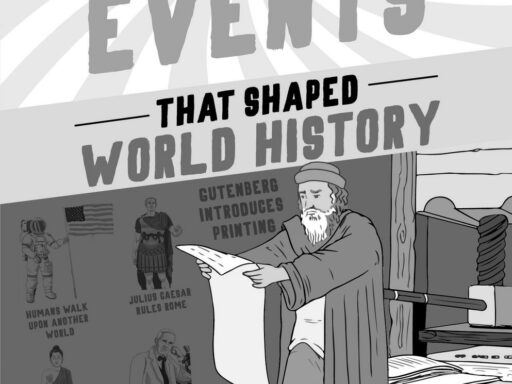Marx and Engels were partially mistaken about what conditions generate communism. They argued communism emerges only after a society passes through a phase of liberal capitalism and industrial development. However, major communist revolutions occurred in largely agrarian or semi-feudal countries, such as Russia, China, and Vietnam, which defied their original predictions.
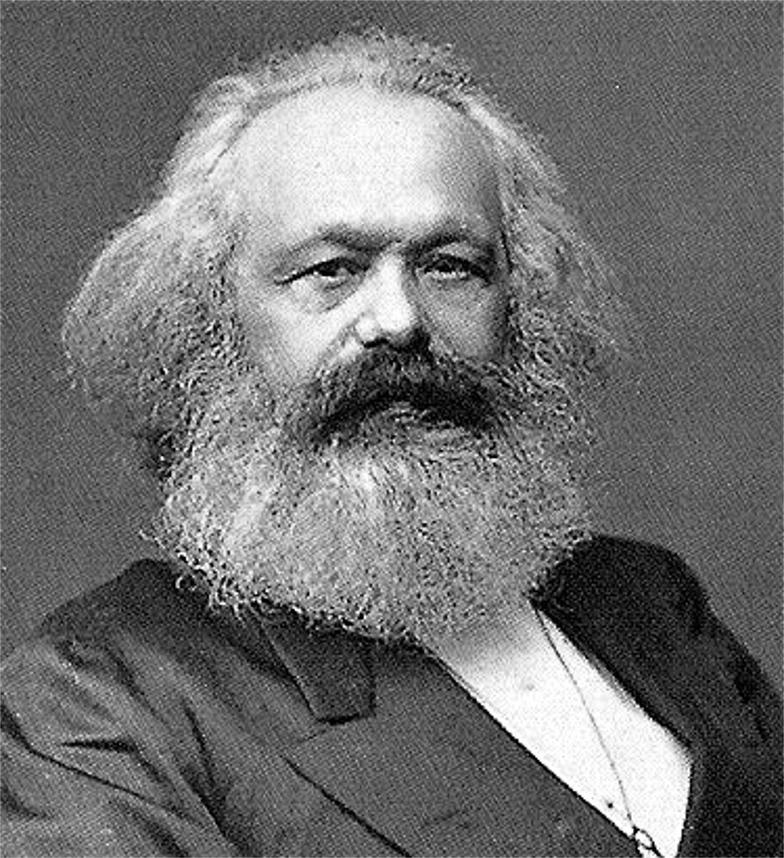
Marx and Engels developed their ideas rooted in Western Europe’s rapid industrialization during the 19th century. Their theory required a developed capitalist economy, a politically conscious industrial working class, and democratic freedoms to create the conditions for proletarian revolution. They saw agrarian, colonial, or semi-feudal societies as backward and believed communism was impossible there until capitalism matured first.
Friedrich Engels, notably, openly criticized early Russian Marxists for dogmatically sticking to this framework. He opposed their refusal to support uprisings until Russia advanced through capitalism. This shows Marx and Engels themselves debated and evolved their views on prerequisites for revolution.
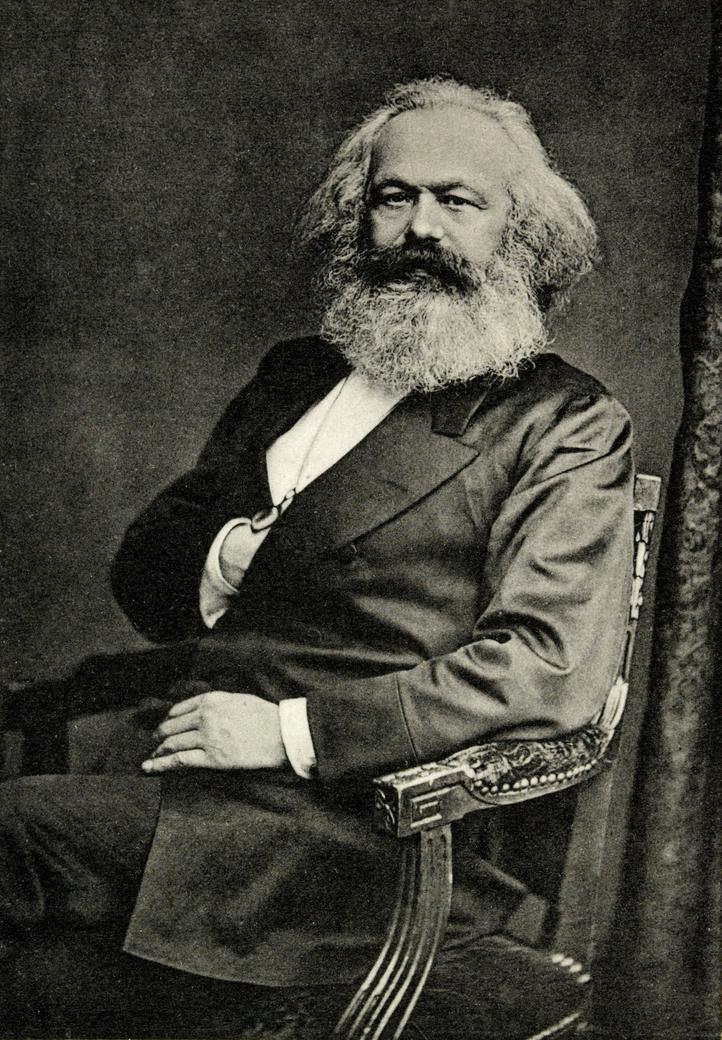
Despite their framework, history showed a different path: communist revolutions largely unfolded in countries with underdeveloped capitalist sectors. Russia’s 1917 Revolution overthrew a semi-feudal monarchy; China’s communist revolution succeeded through rural mobilization; Vietnam combined nationalist and communist struggles under colonial pressures. These cases challenged Marx and Engels’ assumption that capitalism had to come first.
At the same time, communist uprisings did happen in industrialized societies, although they often failed to establish lasting socialism. The German Revolution of 1918-1919 is a prime example. Germany had a mature capitalist economy and an industrial working class, matching Marx’s expected context.
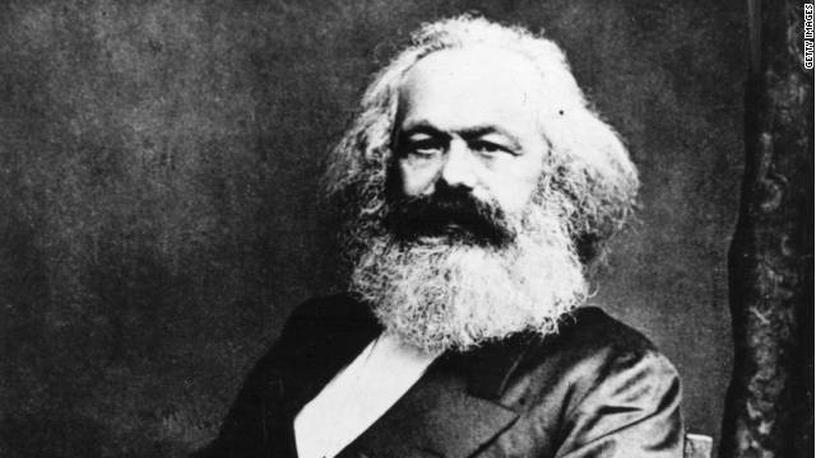
- The Social Democratic Party of Germany (SPD) split over war policy, weakening revolutionary unity.
- The Spartacist League (later the Communist Party of Germany, KPD) pushed for revolution in 1918-1919.
- Workers’ and soldiers’ councils briefly seized control in many cities.
- Moderate socialists (MSPD) preferred reform, resisting total revolution and cooperating with existing authorities.
- The Freikorps paramilitaries violently suppressed the uprising.
This failure illustrates internal political divisions and attempts to preserve the status quo undermined communist aspirations despite favorable industrial conditions.
Marx and Engels’ theories reflected their epoch. Their vision was limited by their perspectives as Western Europeans influenced by Hegelian philosophy and early sociologists like Weber. Their interpretation of colonial and agrarian regions was filtered through a Eurocentric lens that regarded these societies as stagnant or incapable of revolutionary transformation.
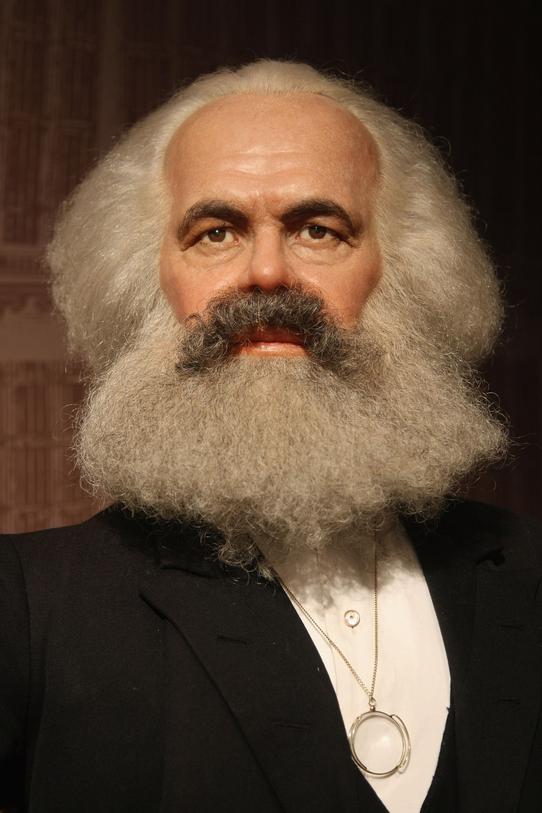
The reality of 20th-century communism—manifest in Russia, China, Cuba, and Vietnam—defied original Marxist expectations. These revolutions often arose amid peasant populations and colonial struggles, not industrial proletariats. Such developments occurred after Marx and Engels’ lifetimes, indicating theory’s evolution beyond initial formulations.
Theoretical frameworks in social science resist simple judgments of “right” or “wrong.” Theoretical prescriptions serve as models that interact dynamically with historical conditions. Marxism itself has undergone numerous revisions and adaptations to new realities. Engels softened his revolutionary zeal over time and accepted nuances inconsistent with early radicalism.
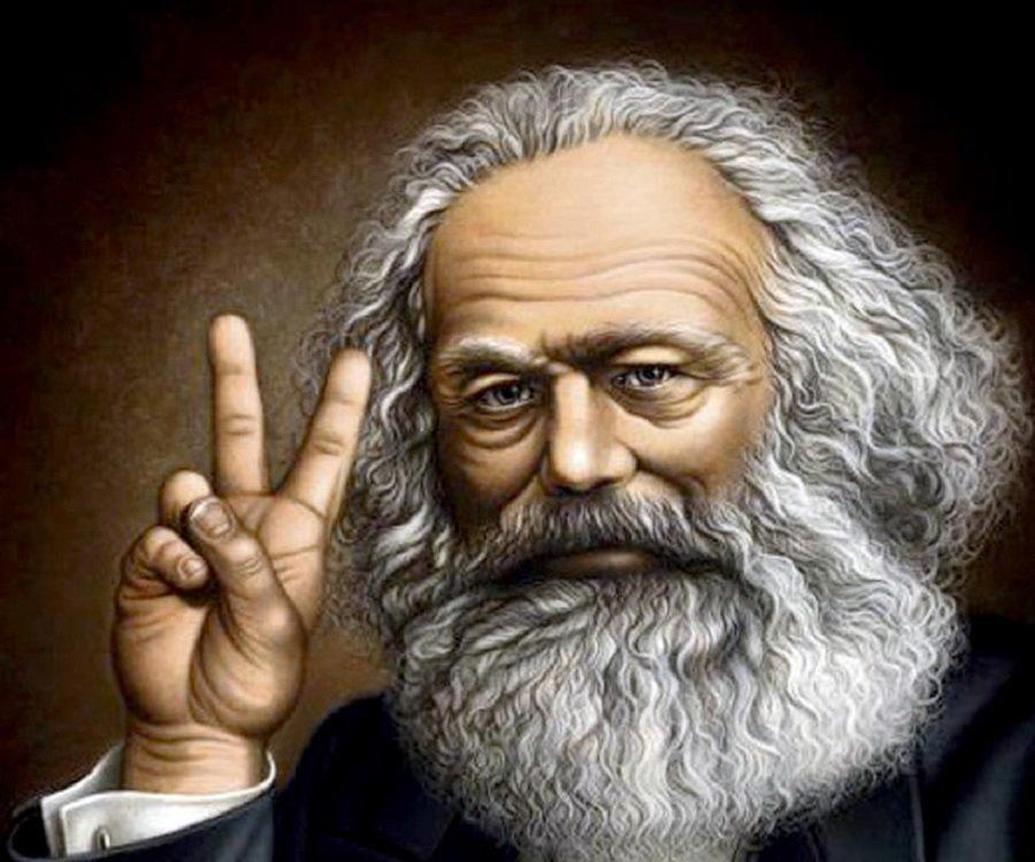
Communism’s unexpected appearances exposed the limitations of a strictly economic determinist approach that privileged industrial capitalism as the sole prelude to socialism. Marxist praxis demonstrated flexibility and contingency shaped by leadership, political struggles, and global colonial contexts.
In that light, assessing Marx and Engels’ ideas requires understanding them as evolving, human intellectual products, embedded in specific contexts. They were not absolute prophets of historical destiny but theorists whose work inspired transformative movements adapting to unanticipated conditions.
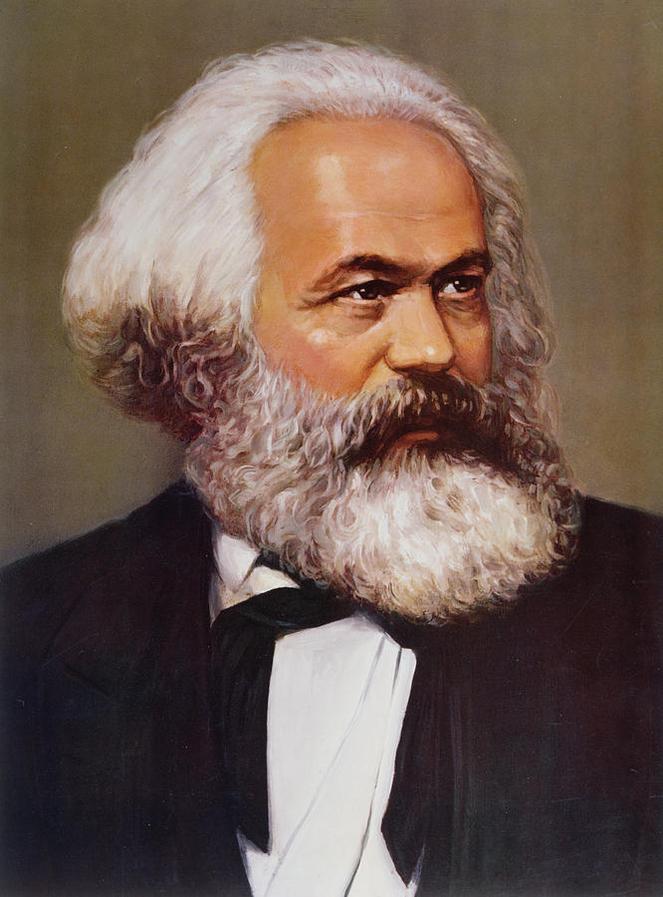
| Aspect | Original Marx & Engels View | Historical Reality |
|---|---|---|
| Preconditions for Communism | Capitalist industrialization and liberal democracy must precede revolution. | Communist revolutions occurred largely in agrarian, semi-feudal, and colonial societies. |
| Geographic Focus | Predicted revolutions in advanced Western Europe. | Successful revolutions in Russia, China, Vietnam; attempted in Germany but failed. |
| Theoretical Adaptability | Strict single-path historicism. | Theory evolved post-Marx; leaders adapted Marxism to local contexts. |
- Marx and Engels underestimated the potential for communism outside industrial capitalism.
- Revolutions in agrarian and colonial societies contradicted their framework.
- Communist uprisings in industrial countries occurred but often failed due to internal splits.
- Theoretical frameworks evolve and adapt; rigid right/wrong labels oversimplify their complexity.
- Marx and Engels were products of their time but inspired ongoing revolutionary theory and praxis.
Were Marx and Engels Just Wrong About What Spawns Communism?
At first glance, yes, Marx and Engels were wrong about what triggers communism—but that doesn’t tell the full story. Their ideas evolved during their lifetimes, and the conditions under which communism arose historically often defied their original theories. Yet, labeling them simply as “wrong” misses the complexities of their thought and the world they lived in.
Let’s dive deeper into how Marx and Engels conceived communism, why history diverged from those ideas, and what that means for understanding their legacy today.
The Roots and Evolution of Their Ideas
Marx and Engels developed their theories amid the rapid industrialization of Western Europe. They viewed communism as the inevitable outcome of capitalism’s own contradictions—specifically, in highly developed industrial capitalist societies. Theirs was a vision tuned to the factory-laden streets of 19th-century England, Germany, and France.
They posited a sequence: first, capitalism rises; then the proletariat (working class) organizes and revolts; finally, a communist society emerges. This was rooted in a certain historical and geographical context.
But here’s a kicker: Engels himself wasn’t rigid in his views. He openly criticized early Russian Marxists in the late 1800s who insisted on waiting for a liberal capitalist phase before pushing for revolution. Engels saw such dogmatic adherence as impractical. So even Engels adapted his view based on evolving circumstances. You can read his critique here.
This points to an important fact: Marxism isn’t a frozen doctrine. It was a living, breathing theory that adapted and shifted during the founders’ lifetimes.
Limitation of Their Eurocentric Lens
Both Marx and Engels viewed non-Western and colonial societies as backward and insufficiently developed for their expected revolutionary process. They inherited ideas from philosophers like Hegel and Weber, who painted Asia and other regions as stunted in political and economic development. So, they never seriously anticipated communism arising in places like Russia or China under agrarian or colonial conditions.
Fast forward: the biggest communist revolutions didn’t erupt in Britain, France, or Germany. Instead, the Soviet Union, China, Cuba, Vietnam, and others—largely agrarian or colonial societies—became communist states after Marx and Engels had passed on.
This was a surprise to many Marxists. The theory couldn’t fully account for how communism would take root in places that were “unripe” in the way Marx had described.
Communist Uprisings in Industrial Societies: The German Revolution
Here’s where it gets interesting—communist uprisings did happen in industrialized countries, though they often failed to establish lasting socialist states.
Take the German Revolution of 1918–1919. Germany had the industrial base and a huge working class. Before World War I, the Social Democratic Party (SPD) dominated politics, but it split during the war over support for it. The radical Spartakusbund (later the Communist Party – KPD) pushed for revolution, while the moderate MSPD wanted reform through cooperation.
Worker and soldier councils briefly controlled cities and proclaimed socialist republics. Lenin even hoped Germany would spark a worldwide revolution given its industrial strength.
But moderate socialists, led by figures like Friedrich Ebert, resisted full revolution. Ebert famously said, “If the Kaiser does not abdicate, the social revolution is inevitable. But I do not want it, I even hate it like sin.” The collaboration of moderate socialists with conservative forces, including paramilitary Freikorps, crushed the uprising. So the working-class revolution failed here, despite conditions seemingly ripe for it.
Why Did Marx and Engels Seem Wrong?
Simply put, Marx and Engels based their vision on Europe’s industrial capitalism. They assumed that other societies needed to pass through similar stages before communism could thrive.
However, history showed communist revolutions unfolding in places they thought unsuitable—agrarian, semi-feudal, even colonial countries.
Moreover, Marx and Engels were human beings, not perfect oracles. Engels, for example, softened some of his revolutionary zeal when financial security came through his inheritance.
Their worldview was limited by the knowledge and context of their era. They didn’t see global history unfolding as it did. Underlying this is a deeper idea: theory is fluid, not absolute.
Judging such complex social theories as simply “right” or “wrong” misses that they continually adapt to historical realities.
What Can We Learn From This?
First, theories must be viewed as evolving tools, not dogmatic truths carved in stone. Marx and Engels modified their own ideas, and their followers interpreted communism differently depending on local contexts.
Second, revolutions have complex causes, not just economic stages. The German revolution failed partly due to political divisions, leadership choices, and power dynamics—factors Marx and Engels didn’t emphasize in the same way.
Third, viewing colonial and agrarian societies through a Western-centric lens limits understanding. Communism’s rise in these places reflects local adaptations and struggles that Marx and Engels contextually missed.
Finally, history invites us to question simple binaries. Ideas about right and wrong often pale next to historical complexity and the lived experiences of people and movements.
Practical Takeaways
- Don’t take theories as fixed predictions: They’re frameworks that must evolve with changing conditions.
- Understand context: Social movements arise from a mix of economic, political, cultural, and historical factors unique to each place.
- Stay open-minded about interpretations: Followers adapt theories, and that shapes the outcomes more than grand original designs.
- Watch for internal disagreements: Just like Engels criticized Russian Marxists for dogmatism, factions within movements reveal the dynamic nature of theory in practice.
Wrapping It Up
So, were Marx and Engels just wrong about what spawns communism? Yes and no. They were right about some factors and sequences within their own frame, but history proved more complicated. Their theories adapted, their followers diverged, and communism popped up under conditions they never expected.
Calling them simply “wrong” erases the messy reality of intellectual evolution, historical contingency, and human unpredictability.
Instead, see Marx and Engels as two thinkers who grappled with their time and offered starting points, not final blueprints. Their legacy isn’t a failed prophecy but an evolving conversation about society, power, and change.
And perhaps that’s what makes studying their work so endlessly fascinating—and relevant—even today.




